In a perfect world, people would never suffer from unexpected oral health issues. However, the reality is that thousands of Americans deal with sudden dental disorders, diseases, or damage. No one wants to deal with a dental emergency, but you may have to at some point. If you do, Dr. Craig Armstrong and our team will be here for you. In the following blog, we explain what you should do in a dental emergency so you can be prepared and protect your oral health.
Don’t Wait or Hesitate
Often, people tend to underestimate the significance of dental symptoms. If you suffer from a toothache, bleeding gums, oral sores, halitosis (bad breath), chipped tooth, or another uncomfortable symptom, don’t ignore it. Untreated dental issues can rapidly worsen or spread. In addition, your oral health affects your overall well-being—for example, a tooth root infection could spread to other teeth or even throughout your body without assistance. Dr. Armstrong and our team would much rather that you call us for assistance with what turns out to be a minor issue than let a potentially problematic condition become exacerbated. It’s better to be safe than sorry.
Specific Suggestions
Knowledge is power—understanding the right steps to take in a dental emergency can help you handle the crisis with composure and recover successfully. Below, we provide our recommendations for common dental emergencies:
- Loose tooth: Obviously, if a child has a loose baby tooth, this doesn’t qualify as an emergency, but adults’ teeth can also become dislodged or pushed out of place after injury or as a result of certain conditions. If this occurs, you should take over-the-counter painkillers, use cold compresses, and treat the tooth very delicately until you can get into our office. Dr. Armstrong may be able to save it with splints and other techniques.
- Knocked out tooth: If your tooth is avulsed, don’t lose hope. If you can locate it, pick it up (without contaminating the root) and either place it back in its socket or store it in saliva or milk. Contact us immediately so that we can help reattach it and treat any related issues.
- Fractured, broken, or chipped tooth: Bruxism (tooth grinding), exerting too much pressure while biting, or oral trauma can break or chip your teeth. If this happens, sanitize and keep the broken portion of the tooth, rinse your mouth, use cold compresses and gauze, and come to our office for assistance.
- Loose crowns or fillings: Decay or other issues may cause your restorations to become dislodged, which can make the underlying enamel very sensitive. Ideally, you should come see us right away, but if you can’t, you can keep your crown or filling in place with dental cement from your local pharmacy.
We Can Help With Dental Emergencies
Dr. Armstrong and our team can help you if you have to deal with a dental emergency. In addition, we can perform biannual cleanings and examinations to help you maintain your oral health and avoid these types of situations altogether. To learn more dental emergency tips or schedule your next appointment, contact our Houston, TX dental office today.
Visit Our Office
Office Hours
- MON8:00 am - 6:00 pm
- TUE8:00 am - 6:00 pm
- WED8:00 am - 6:00 pm
- THU8:00 am - 6:00 pm
- FRIClosed
- SATClosed
- SUNClosed
10370 Richmond Ave. Ste 310,
Houston, TX
Phone : (832) 251-1234Text Us : (832) 251-1234






